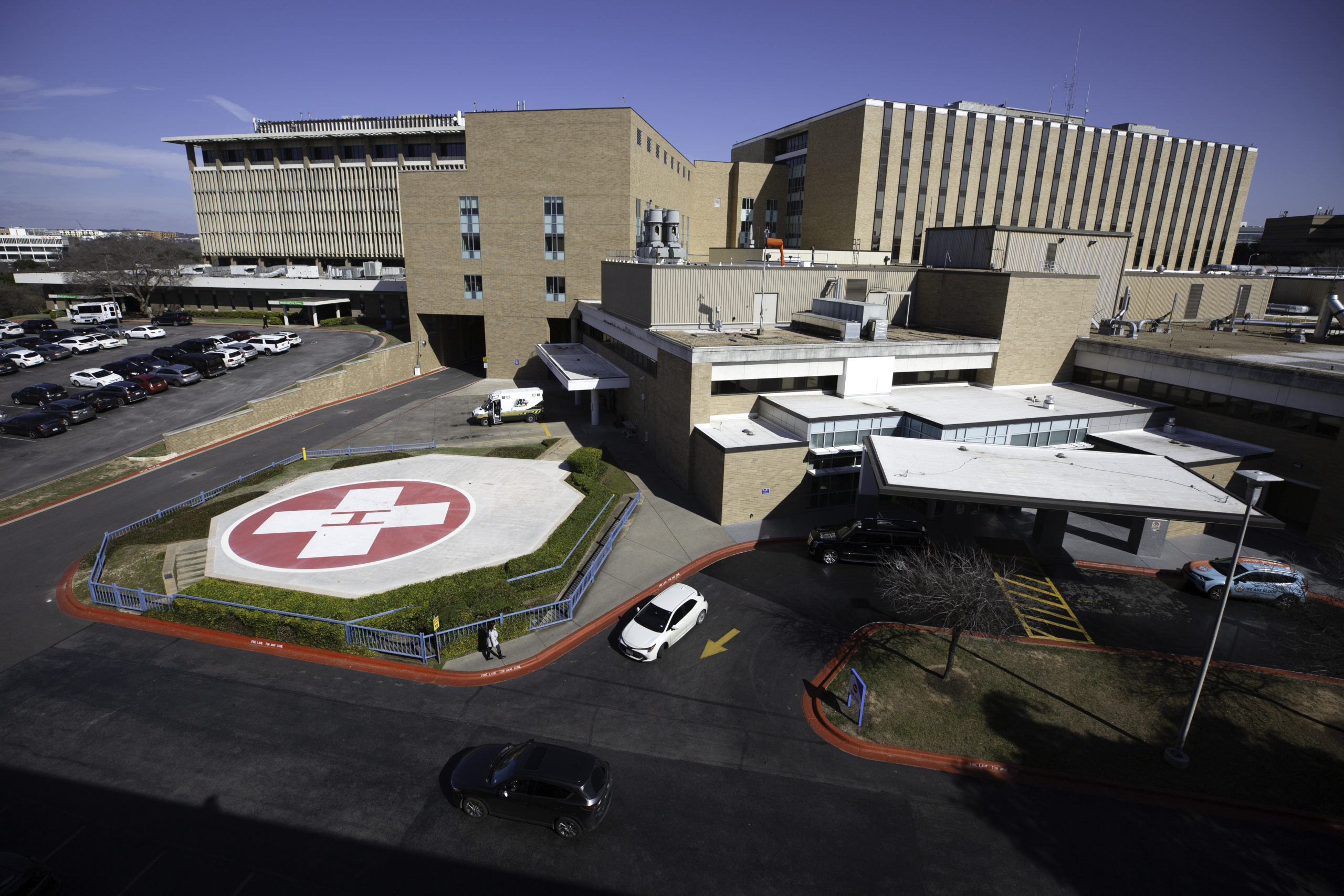Over 60,000 people in Central Texas might not be able to use their health insurance at one of the region’s biggest hospital systems starting next month.
Ascension Texas hospitals might no longer be in-network for people who have Blue Cross and Blue Shield of Texas insurance plans starting on Feb. 1, unless the insurance company and the hospital can negotiate a new contract.
Blue Cross and Blue Shield of Texas is the largest health insurance provider in the state, with more than 6 million members overall. This includes the University of Texas employees, state employees and folks who receive insurance through the Teacher Retirement System.
Nicole Villalpando, who covers health at the Austin American-Statesman, said there is not a need for Ascension Texas patients with Blue Cross to panic just yet.
“This is actually very standard. Every couple of years, hospitals and insurance companies need to negotiate their agreements,” she said. “They have been negotiating since fall and they are far away from reaching an agreement, but they’re working on it. The hope is that this is going to resolve itself before Feb. 1.”
If an agreement is not reached, people with Blue Cross and Blue Shield of Texas plans will not lose their healthcare altogether. Instead, Villalpando said they will have to pay out-of-network rates at Ascension sites. In some cases this can double the cost of a health care visit.
Ascension hospitals include the Dell Children’s Hospital and Dell Seton at the University of Texas, and it also includes Ascension Providence in Waco.
Ascension Texas patients with Blue Cross recently received a letter warning them of the possibility of an upcoming change in coverage. Villalpando said this was in part a bargaining tactic.
“In some ways it was a chance to inform the public this is going on. But the letter came from Ascension, and it really was a ‘Let’s get the people who would be affected, which is the patients, let’s get them to start calling Blue Cross Blue Shield.’ Because Ascension, of course, gave you the number to call and told you how to call. And it really was a ‘let’s get the public to put some pressure on Blue Cross Blue Shield’ to start negotiating this in a way that would benefit Ascension.”
Villalpando said she has not been able to speak with anyone at Ascension Texas but that she has had lengthy conversations with Blue Cross and Blue Shield of Texas.
“What they have told me is that Ascension is their most difficult organization to negotiate with. They are also the hospital system in Central Texas that charges the most and has the highest costs,” she said. “Ascension wants them to go up in costs even more. So that is what the issue is. This is all about money.”
Villalpando said there is a good chance an agreement is reached by or shortly after the Feb. 1 deadline. However, if an agreement is not reached, she said patients with ongoing treatment plans can still pay in-network costs under the law.
“A person who is in that situation, where you’re in the process of receiving care, should be calling Blue Cross Blue Shield of Texas to verify that they can get continuum of care,” she said. “That’s an actual law, so they should be able to provide them that.”















